Development of civil society: American expert stresses concerted volunteer efforts
Urging for the strong need to promote voluntarism in crisis-hit, developing countries like Pakistan, Diane Davenport Jackson, an American expert on Management and Leadership in Civil Society Groups, said that a civil society, full of volunteers, has "another army" to cope with socio-humanitarian problems, like the rehabilitation of internally displaced persons (IDPs).
"If you have volunteers you have another army that is the lifeblood of the private sector," she said in an exclusive interview with Business Recorder, here at a local hotel on Monday. Diane, who arrived here on the invitation of the US Consulate for conducting training workshops on Management and Leadership in Civil Society Groups, has over two decades experience as a consultant, trainer and manager for non-profit public and private sector organisations in the United States and Nicaragua.
Terming the NGOs in Pakistan as highly "committed", the American expert expressed her concern over an alarming five to seven percent decrease in the collected donations of international non-governmental organisations due mainly to global economic meltdown.
"NGOs are suffering as the cities and states in the US are broke. It is really a tough time," she deplored. Giving the example of the US, where Diane believes voluntarism was a part of the culture, with people generally prone to donating more in crisis times, she termed a great number of young people in Pakistan as "enthusiastic" to undertake social work, as a good omen.
To the American expert, a highly "committed" network of NGOs was another plus point that could help civil society achieve some important milestones in the human development sector. Diane, who is the founder of the Nicaraguan Development Centre (NDC) and has provided direct technical assistance and training to over a hundred NGOs in Nicaragua, said that the NGOs, which were working well for the development of education, democracy, health, environment etc in Pakistan, would have to respond swiftly to the immediate humanitarian crisis faced by the IDPs.
"There is a lot of interest on the side of the NGOs in building the leadership and management capacity. Every non-profit has to engage in continuous education." She, however, warned the NGOs against undertaking two incompatible projects simultaneously saying that projects of divergent nature, like feeding hungry children and educating masses on environment protection, could not be carried out at the same time with the requisite spirit and honesty.
"It's more about compatibility and alignment," she opined. About the government's role in developing a collective approach by encouraging civil society Diane said, "the best way to advance is to always try and take all stakeholders, including civil society, along".
"I believe that every government at its centre wants to do what is better for its people, so put all together," she viewed. The American expert expressing her ignorance at the level Pakistani media had been politicised, which she said was the case everywhere including her home country, called the local media as "broad based" and stressed the need for its inclusion in the government backed efforts at crises management.
She also supported an awareness campaign through the media to educate the masses on the need for voluntarism. Diane nodded when asked if she was supportive of the general perception that the multinational companies world-wide were making more profits in the developing societies like Pakistan and investing less under the head of Corporate Social Responsibility (CSR).
Putting emphasis on a co-operative and not confrontational relation between the government and civil society, Diane expressed the optimism that, though the successive dictatorial regimes in Islamabad may have harmed civil society, they had certainly not eliminated it.
Diane, exemplifying the remarkable achievements of Nicaragua, in terms of community development, said a concerted voluntary effort involving the army, police, parents association, NGOs, private sector and other stakeholders, had changed the face of society in the Central American country. Also present was Tracy R. Brown, Consul at the US Consulate General in Pakistan. Giving her input, she said that there was great potential in Pakistani youth, particularly the students, for volunteering.


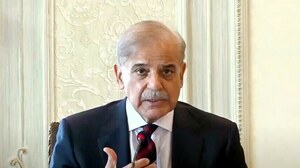



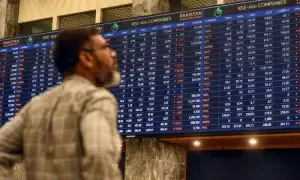
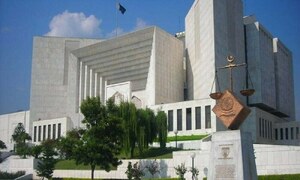





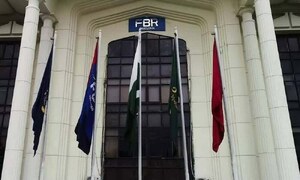
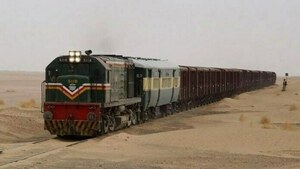


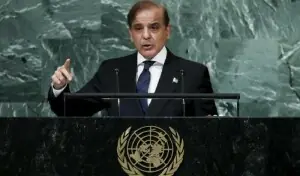

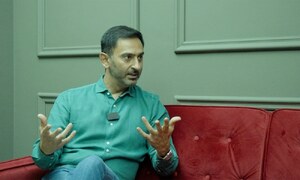
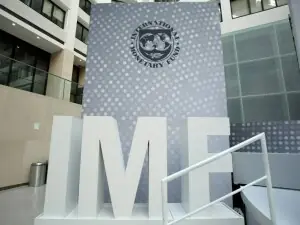
Comments
Comments are closed.